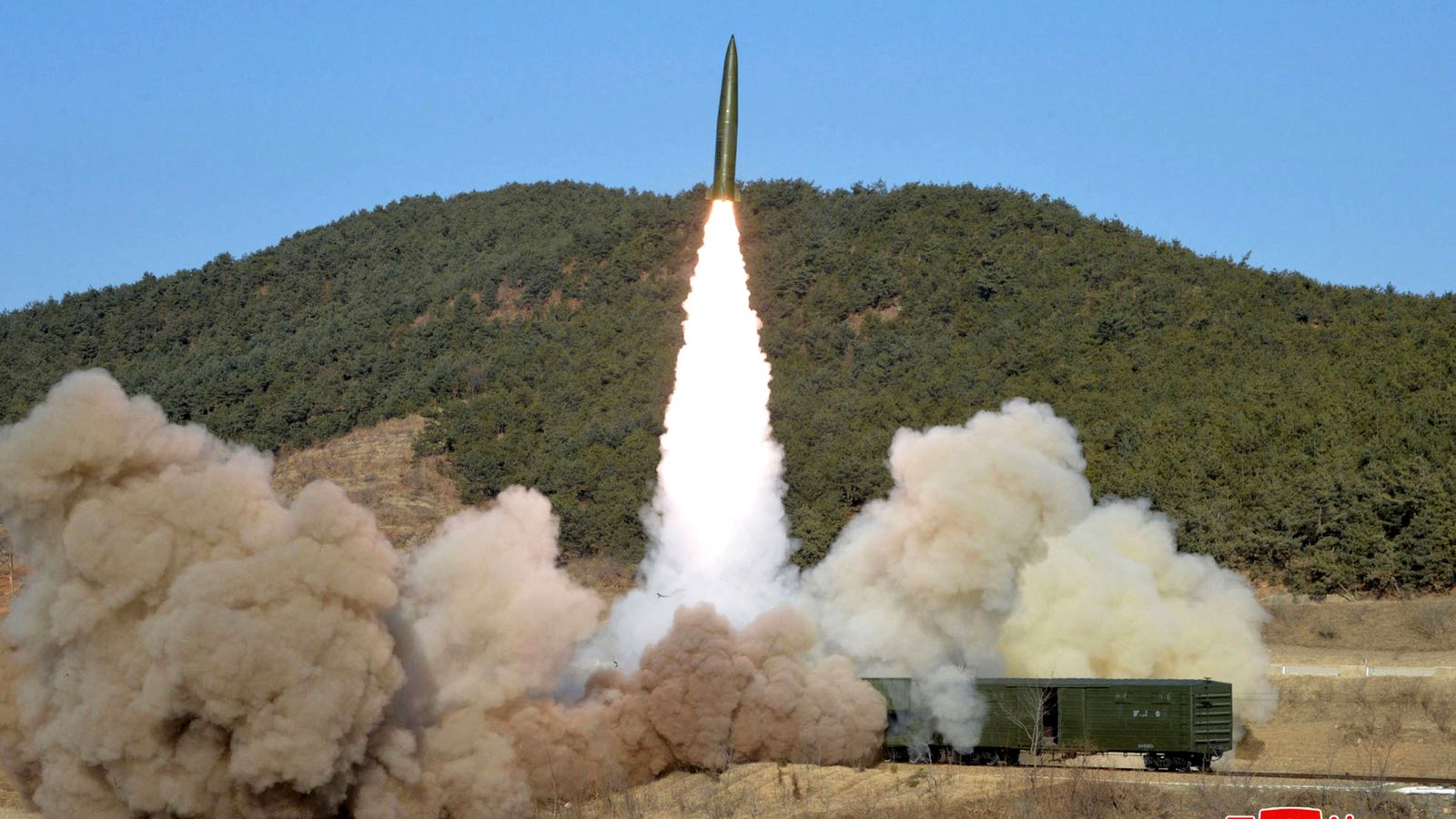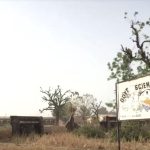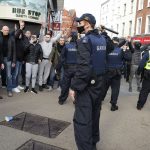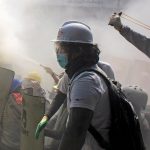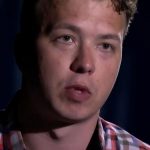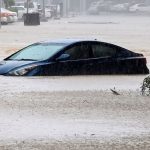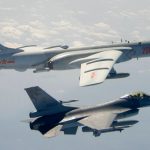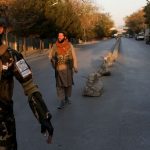North Korea’s nuclear test site has been struck by a series of small, natural earthquakes, South Korea has said.
Seoul said it highlights the area’s geological instability as Pyongyang hinted it could resume testing for the first time since 2017.
At least four earthquakes were monitored in the region in the past five days, according to the Korea Meteorological Administration (KMA) in Seoul.
The latest was a 2.5 magnitude quake on Tuesday morning, which was centred around 36km (22 miles) from the Punggye-ri Nuclear Test Site. A pair of 2.3 magnitude earthquakes were reported in the area on Monday and another 3.1 magnitude quake was observed on Friday.
Punggye-ri in northeast North Korea is the country’s only known nuclear testing facility.
Its last known weapons test was conducted in September 2017 when North Korea detonated its sixth and largest nuclear bomb, which it claimed was a thermonuclear weapon.
In the weeks after the explosion experts said a series of tremors and landslides near the nuclear test base was a sign the large blast had destabilised the region, which had never previously registered natural earthquakes.
Donald Trump claims he keeps in touch with North Korea’s Kim Jong Un, Maggie Haberman book reveals
North Korea funding its missile programme with stolen cryptocurrency, UN investigators say
North Korea: Kim Jong Un’s wife and aunt make rare public appearance in Pyongyang
After one quake in 2020, South Korean government experts said the nuclear explosions appeared to have permanently changed the geology of the area. Some experts raised fears radioactive pollution could be released if North Korea used the site again.
North Korean leader Kim Jong Un has said he is no longer bound by a self-imposed moratorium on testing.
In January the country hinted it is considering resuming tests of nuclear weapons or long-range ballistic missiles because of a lack of progress in talks with the US and its allies.
Satellite imagery has shown no major signs of activity at Punggye-ri beyond routine security patrols and maintenance since its closure, monitoring groups have said.
Funding missile programme with stolen cryptocurrency
It comes after UN investigators said North Korea was funding its missile programme with stolen cryptocurrency.
The country stole more than (£37m) in digital assets between 2020 and mid-2021 according to UN investigators. Others have put the figure nearer to $400m (£295m).
North Korea has conducted a suspected seven ballistic missile tests this year.
